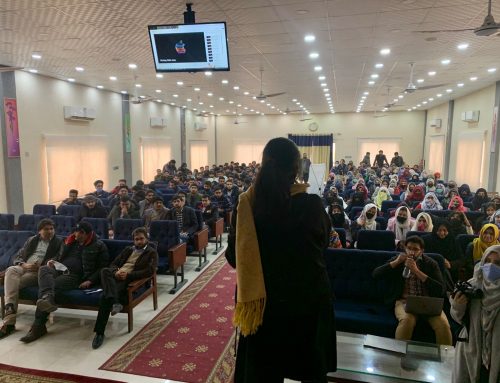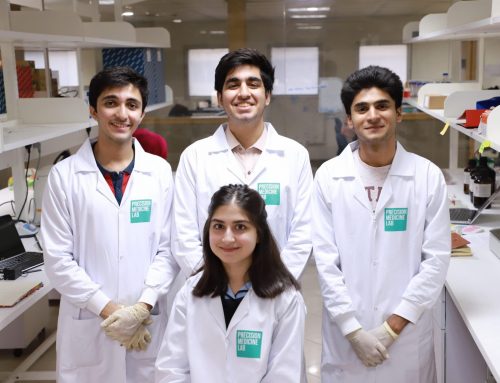The COVID19 pandemic has exposed gross inequalities in the global health care system including the lack of understanding on how the disease is affecting populations and individuals differently. Low and middle income countries or LMICs, have clearly been at a disadvantage, with lack of access to testing kits and reagents, lack of skilled manpower to model the disease, deploy testing machines and kiosks and manage ‘smart lockdowns’. The supply lines of protective gear, testing kits and consumables and several key drugs have been the riskiest in these countries and questions about the timing and availability of vaccines in LMICs still loom above our heads. Such inequalities are set to grow as the health care sector adopts newer technologies which are not necessarily accessible equally across the board.
Genomic sciences offer a lot of promise to help us better understand disease in the context of specific populations with genetic differences and better target our diagnosis, prognosis and therapeutic interventions. This promise holds in LMICs as well but with an inherent risk that the lack of access to such technologies could mean expanding inequities.
To address this risk and to help in prompt action by policy makers, the World Economic Forum collaborated with 30 global leaders in the field, including our very own PI, Dr Faisal Khan, to develop a scalable policy framework and a set of six ethical tensions that should be considered when dealing with genomic data in such contexts.

With over-representation of patients of European ancestry, research at the Broad Institute and MGH has shown that the UK Biobank offers 4.5 times better predictions to patients of European ancestry compared to patients of African ancestry and 2 times better compared to East Asian ancestry. ‘The lack of diversity in research studies is leading to blind spots. Translated to the clinic, this means non-white populations may receive less accurate preventative screenings, less reliable diagnostics and less targeted treatments’ said Elissa Prichep, Project Lead of the report at the Forum.
The white paper includes a scalable policy framework in categories of consent, data privacy, data access and benefit sharing which offers 21 policy principles including autonomy, accountability, dignity and cooperation. The paper highlights six ethical tensions to show the competing ethical priorities surrounding genomic data and underpin the policy framework.
The white paper can be used to drive multi-stakeholder discussion and decision making with the intent that policy makers, business leaders, researchers and others leverage and adapt this work for use in their local context.
‘The report presents a great tool for us in Pakistan, to catalyse a broad discussion that can help us preempt and be proactive in developing policies surrounding genomic data’, said Dr Faisal Khan, Principal Investigator of the Precision Medicine Lab. ‘This is a chance for us to leapfrog and jump ahead in the game’, he said.
The white paper can be downloaded here.
A blog by Elissa Prichep, Lead Author of the report can be found here.








Leave A Comment